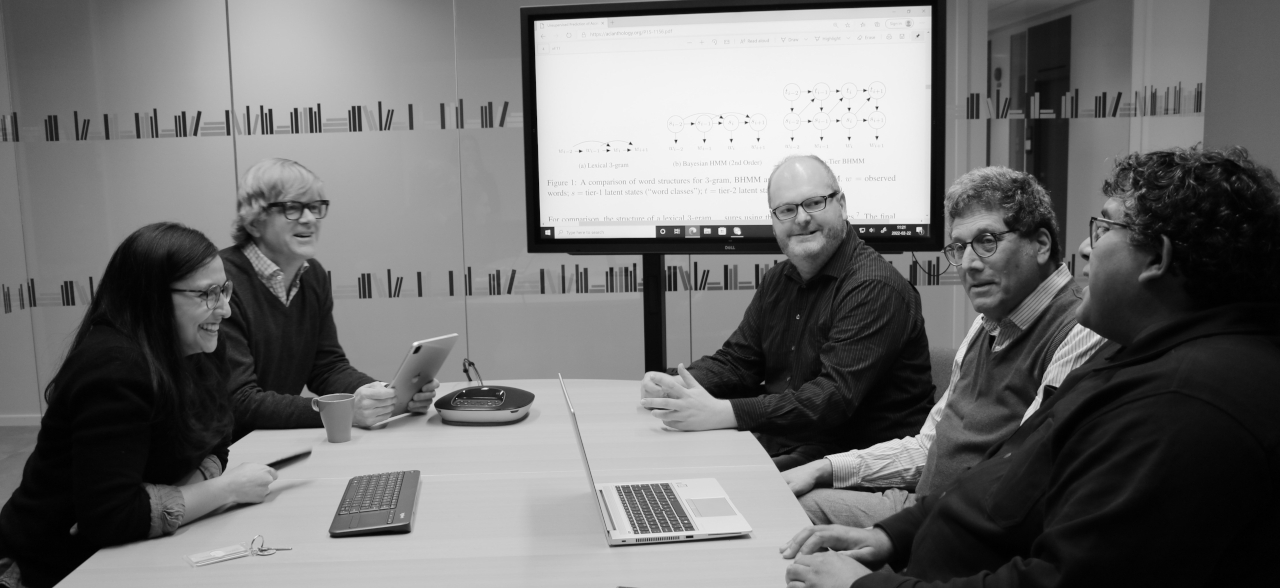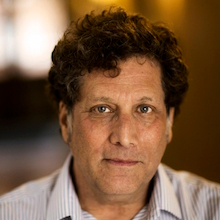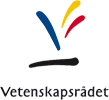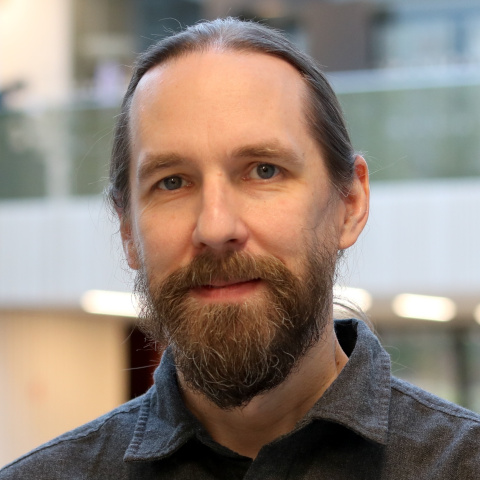
The Centre for Linguistic Theory and Studies in Probability (CLASP) focuses its research on the application of probabilistic and information theoretic methods to the analysis of natural language. CLASP is concerned both with understanding the cognitive foundations of language and developing efficient language technology. We work at the interface of computational linguistics/natural language processing, theoretical linguistics, and cognitive science.
CLASP is located in Gothenburg, Sweden at the University of Gothenburg. We are part of the Department of Philosophy, Linguistics and Theory of Science.
Upcoming Events
Seminar: 2026-03-11 - I vote to not kill the researcher 😣/ 😂 : An experimental study of congruent and incongruent emojis in spontaneous text-based conversation
Presented by: Amy Han Qiu from the University of GothenburgJoint Linguistics-CLASP Seminar: 2026-03-17 - TBA
Presented by: Bill Noble from MIT & University of GothenburgSeminar: 2026-04-29 - TBA
Presented by: Brielen Madureira from the University of LeipzigSeminar: 2026-05-06 - TBA
Presented by: Mike Zhang from the University of CopenhagenSeminar: 2026-05-20 - TBA
Presented by: Erik Lagerstedt from the University of GothenburgDirection
Acting Director
Robin Cooper is a Senior Researcher at CLASP and Professor emeritus of Computational Linguistics. Webpage at Univers...
Coordinating Director
I’m an Associate Senior Lecturer in Computational Linguistics and the Coordinating Director of CLASP. I work in docum...
Chief Scientist

Shalom Lappin’s research is in computational linguistics with a focus on the application of probabilistic models to i...
Funded By

CLASP is funded by a 10 year grant from the Swedish Research Council (2015-2025). The funding from the Swedish Research Council and GU grant allows recruitment of prof. Shalom Lappin, a senior lecturer, a researcher/project coordinator, 12 PhD and 9 postdoctoral research positions. The funding also provides means for workshops, conferences and visits of guest researchers to Gothenburg. CLASP will bring together researchers in theoretical linguistics, computational linguistics, logic, AI, cognitive psychology, and robotics.

